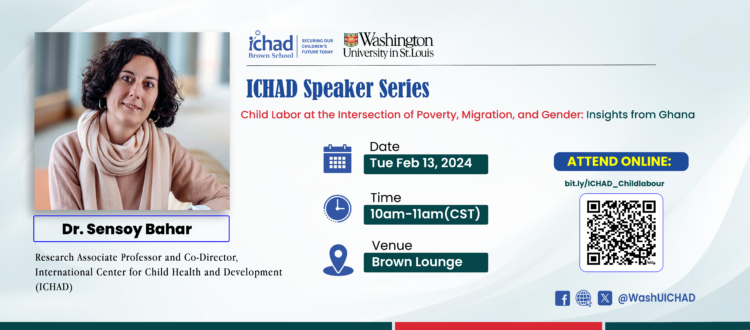ICHAD Speaker Series: Tuesday, February 13 | 10:00 AM – 11:00 AM | Presented by Dr. Sensoy Bahar Ozge
Child labor at the intersection of poverty, migration, and gender: Insights from Ghana
The International Labor Organization estimates that 9.6% of children (ages 5 to 17) across the globe are child laborers and draws attention to migrant child laborers as an underreported and highly vulnerable group, a significant portion of which are female with no education. Poverty has been identified as the main driver of child labor, with family context as a critical contributing factor. Sub-Saharan Africa (SSA) has the highest rates of child labor (24%), with Ghana registering one of the highest child labor prevalence at 22%, including unaccompanied child migrants engaged in labor. Specifically in Ghana, unaccompanied girls migrate from the Northern region to urban centers in the South to work in the informal economy. Load carrying is the most common type of labor for this population and exposes migrant girls to multiple developmental and health risks. Yet theory-informed and culturally relevant preventive efforts to reduce the incidence of unaccompanied migration among adolescent girls are limited. In this presentation, Dr. Sensoy Bahar Ozge will draw from her work in Ghana to discuss the acceptability, feasibility, and preliminary impact of the ANZANSI (resilience in Dagbani) family program, an innovative ICHAD intervention combining evidence-based economic empowerment and family-strengthening interventions to address risk factors associated with unaccompanied migration among adolescent girls in the Northern region of Ghana.
This event is also occurring in person in the Brown Lounge, Second Floor of Brown Hall, WashU, or via Zoom. Registration is only required for those attending virtually.

